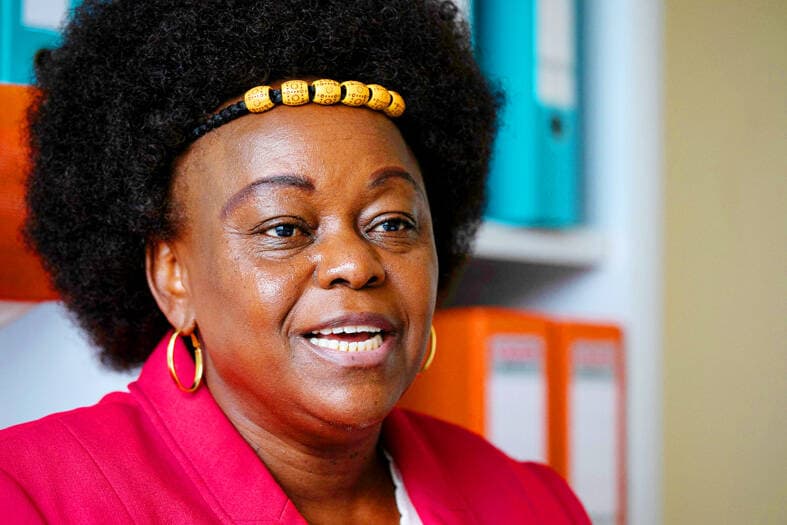We're loading the full news article for you. This includes the article content, images, author information, and related articles.
Suba North legislator Millie Odhiambo’s public rejection of dowry payment has ignited a fresh debate on the role of traditional customs in modern Kenya, questioning the valuation of women in marriage.

Suba North Member of Parliament Millie Odhiambo has publicly disclosed that her husband, Mabona Magugu, has not paid a dowry for her, stating her firm opposition to the practice of equating a woman's worth to livestock. The legislator's statement, made on Wednesday, 29 October 2025, has amplified the ongoing national conversation about the relevance and implications of bride price in contemporary Kenyan society.
“Equating my worth to cows is a no,” Odhiambo declared, articulating a sentiment that resonates with many modern women who view the tradition as archaic and objectifying. Her marriage to Magugu, a Zimbabwean national, adds a cross-cultural dimension to their personal decision to forego the custom, which is also practiced as 'lobola' in his home country.
In Kenya, dowry, often referred to as bride price, is a long-standing cultural tradition involving the transfer of wealth—traditionally livestock, but now often including cash and other goods—from the groom's family to the bride's family. Proponents argue it is a token of appreciation that unites families and honours culture. However, critics contend that the practice has become increasingly commercialised, placing immense financial pressure on young men and, in some cases, contributing to the perception of women as property.
The country's legal framework acknowledges this complexity. The Marriage Act of 2014 legally recognises customary marriages, and it notes that where dowry is a required custom, the payment of a token amount is sufficient for the marriage to be considered valid. The law does not mandate dowry for all forms of marriage, reflecting a society grappling with the balance between tradition and modern legal principles. Recent court rulings have further complicated the issue, with a 2023 High Court judgment stating that dowry must be returned upon the dissolution of a customary marriage, a decision that sparked significant public debate.
Millie Odhiambo is a prominent and often outspoken figure in Kenyan politics, known for her vigorous advocacy for women's rights and her work on legislation concerning reproductive health and gender equality. Her public stance on dowry is consistent with her political identity as a challenger of patriarchal norms. Her statement is particularly significant given that in her own Luo culture, dowry, known as 'keny' or 'nyombo', is a deeply embedded practice traditionally involving cattle to formalise the union between two families.
The traditions surrounding Luo marriage and divorce are elaborate, often requiring the return of the dowry to signify the end of a union. However, even in divorce, custom dictates that a single cow and goat remain with the bride's family as a symbol of the bond that once existed and to affirm the legitimacy of any children born of the marriage.
Odhiambo’s rejection of this deeply rooted custom highlights a broader societal shift where cultural practices are increasingly being scrutinised through the lens of gender equality and individual autonomy. Her position forces a necessary conversation: in a nation striving for progress and equality, how should traditions that are perceived by some as devaluing women be handled? As a federal lawmaker, her personal choice carries public weight, encouraging a re-evaluation of how cultural heritage can be preserved without compromising the dignity and rights of women. The debate she has reignited is not merely about cows; it is about the fundamental value and agency of women in 21st-century Kenya.
Keep the conversation in one place—threads here stay linked to the story and in the forums.
Sign in to start a discussion
Start a conversation about this story and keep it linked here.
Other hot threads
E-sports and Gaming Community in Kenya
Active 9 months ago
The Role of Technology in Modern Agriculture (AgriTech)
Active 9 months ago
Popular Recreational Activities Across Counties
Active 9 months ago
Investing in Youth Sports Development Programs
Active 9 months ago
Key figures and persons of interest featured in this article